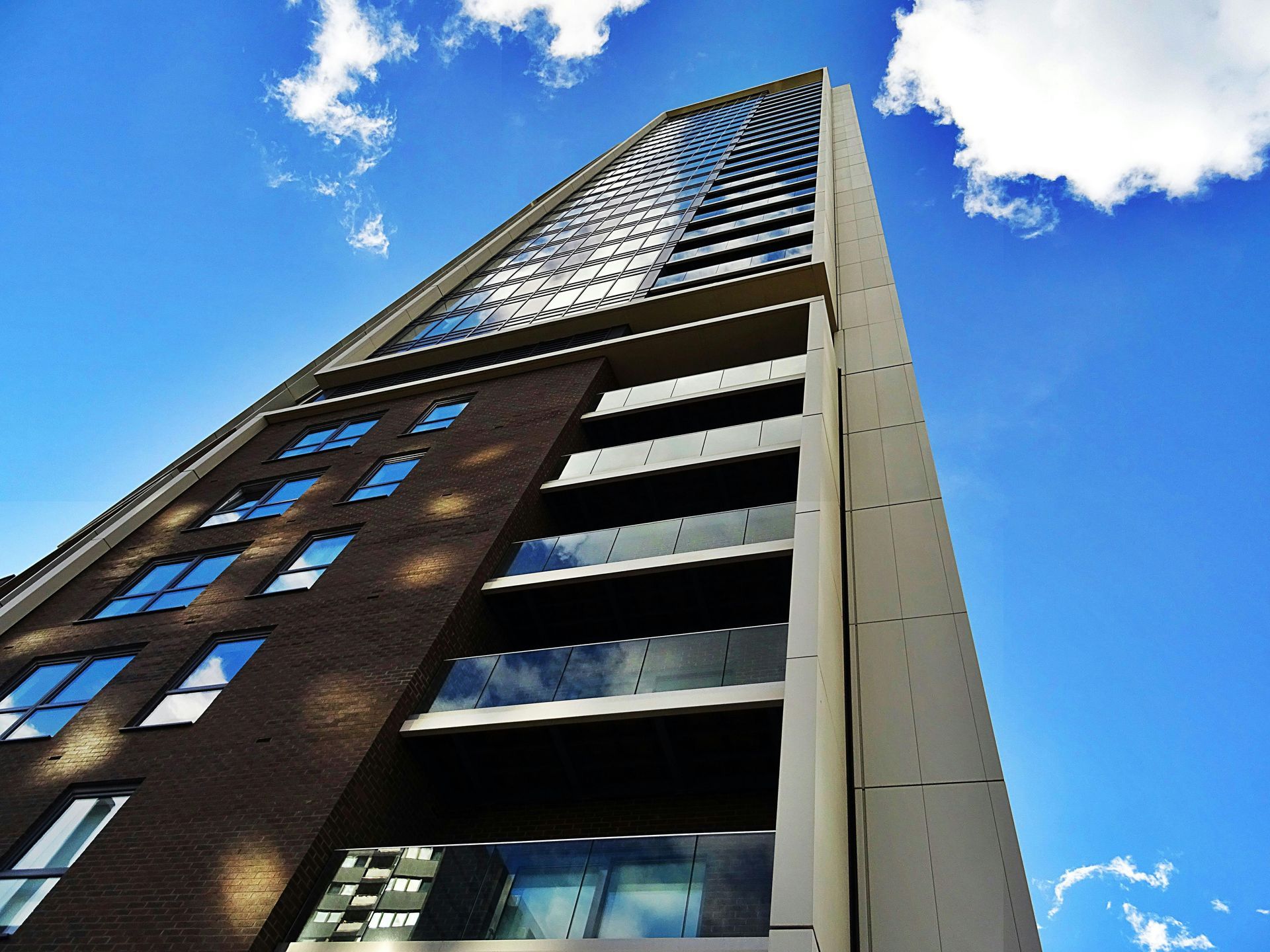Understanding CRE Zoning Regulations in Michigan
Commercial Real Estate (CRE) investors and developers in Michigan must navigate a complex web of zoning regulations to ensure compliance and maximize the potential of their properties.

Zoning laws dictate how land and buildings can be used within specific areas, shaping the character and functionality of communities. Understanding these regulations is essential for making informed decisions and achieving success in the CRE market.
What are Zoning Regulations?
Zoning regulations are local laws that divide land into different zones or districts, each with specific permitted land uses, building requirements, and development standards. These regulations are designed to promote orderly development, protect property values, and minimize conflicts between incompatible land uses. In Michigan, zoning regulations are typically established by local municipalities, such as cities, townships, or counties, through zoning ordinances or zoning maps.
Types of Zoning Categories
In Michigan, common zoning categories for commercial properties include:
- Commercial Zoning (C): Intended for commercial activities such as retail stores, restaurants, offices, and hotels.
- Industrial Zoning (I): Designated for industrial uses such as manufacturing plants, warehouses, and distribution centers.
- Mixed-Use Zoning (MU): Allows for a combination of commercial, residential, and sometimes institutional or recreational uses within a single development.
- Residential Zoning (R): Primarily for residential purposes, with limited allowances for home-based businesses or small-scale commercial activities.
Each zoning category has specific regulations governing building height, setback requirements, parking standards, signage, and other factors that influence property development and use.
Navigating Zoning Regulations
Navigating zoning regulations requires a thorough understanding of local zoning ordinances, comprehensive plans, and land use policies. Here are some key steps for navigating CRE zoning regulations in Michigan:
- Research Zoning Requirements: Review zoning maps and ordinances for the area where you intend to invest or develop property. Identify permitted land uses and any special zoning overlays or districts that may apply.
- Consult with Local Authorities: Reach out to local planning departments or zoning officials to clarify zoning requirements, obtain permits, and discuss proposed development plans. They can provide valuable insights and guidance throughout the zoning process.
- Engage with Stakeholders: Engage with neighboring property owners, community groups, and other stakeholders to understand their concerns and build support for your development projects. Addressing community needs and concerns can help streamline the zoning approval process.
- Seek Professional Assistance: Consider hiring legal counsel, land use planners, or zoning consultants with expertise in Michigan's zoning regulations. They can navigate the complexities of the zoning process, advocate on your behalf, and help ensure compliance with applicable laws.
Understanding CRE zoning regulations is essential for navigating the complexities of property development and investment in Michigan. By familiarizing yourself with local zoning ordinances, consulting with local authorities, and seeking professional assistance when needed, you can effectively navigate zoning regulations and unlock the full potential of your commercial real estate investments.











